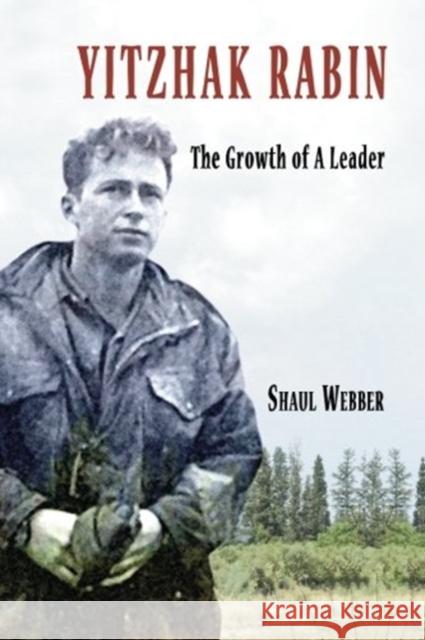Yitzhak Rabin - The Growth of a Leader » książka
Yitzhak Rabin - The Growth of a Leader
ISBN-13: 9781888820430 / Angielski / Miękka / 2013 / 370 str.
"Even before Yitzhak Rabin was assassinated, I always saw him as an enigmatic hero," writes the author Dr. Shaul Weber. This enigma only intensified after his assassination. Rabin's appearances in the media and the testimony given by those close to him reflected a complexity that could not be ignored. Always surrounded by others, he stood out as an emotionally distant loner. A politician who projected unease with the political norms, and basically a man of integrity and morality, he was nevertheless willing to stray from his ideals in the interests of national security. Despite his undiplomatic image, he became a senior diplomat and national leader. Rabin, emotionally withdrawn, shy and blunt throughout his formative years, demanded uncompromising perfection from himself and others. Blessed with impressive analytic capabilities, he demonstrated the qualities of leadership, even when not quite ready to assume the onerous mantle of military leadership when that role was forced on him by circumstances beyond his control. As an educator and historian, Dr. Webber assumes that every human being is a product of his childhood and upbringing, which offers only partial solutions to the riddle of Rabin's boyhood, his adolescence, and his painful ordeal as commander of the Harel Brigade during Israel's 1948 War of Independence. Throughout his life, and especially after his death, Rabin was said to be the "salt of the earth." It appears, however, that in order to earn this noble title, one has to eat a lot of bitter herbs, too. This book is about those bitter herbs. Shaul Webber was born in Tel Aviv. After his army service, he joined Kibbutz Ha'on nearby the Sea of Galilee, and later moved to Kibbutz Merom Golan, where he worked as an educator and teacher. The author received his B.A. in philosophy and education from the Hebrew University in Jerusalem, an M.A. in education from Haifa University, and his Ph.D. from the Hebrew University Today he teaches education and history at the Open University. This is Dr. Webber's third book.











